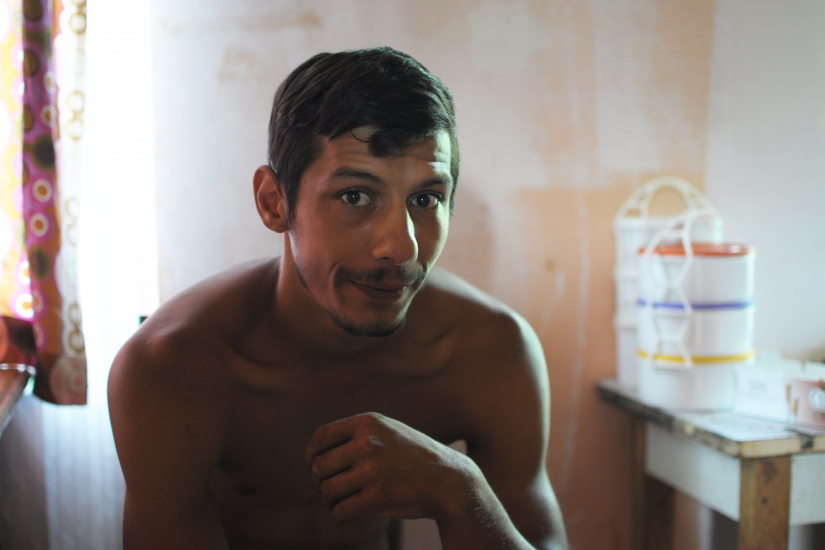
DECENT WORK for ROMA YOUTH – exhibition and roundtable discussion
The Resource Guide of the International Labour Organization (ILO) on “Promoting Decent Work Opportunities for Roma Youth in Central and Eastern Europe” brings together good practices aimed at combating widespread institutional and labour market discrimination, as well as poverty amongst Roma.
According to a 2011 EU survey, only one in three Roma is in paid employment, nine in ten live below the national poverty line, and approximately five in ten reported experiencing discrimination as a result of their ethnicity. In addition, in contrast to the ageing European general population, the average age of the working population for Roma is 25, compared to the EU average of 40. Roma youth represent 10-20 per cent of new labour market entrants.
Roma constitute Europe’s largest minority group estimated at around 10-12 million people. Although present in virtually every European country, the Roma are concentrated in Central and Eastern Europe – with over 3 million living in Romania, Bulgaria and Hungary alone – and in the Western Balkans they number as high as 600,000 in Serbia.
At the same time, only 15 per cent of the young Roma population has completed upper/secondary education and almost 60 per cent of those between 16 and 24 are not in employment, education or training.
Drawing on existing good practices, case studies and lessons learned, as well as ILO experiences, the Resource Guide addresses issues in order to foster the inclusion of young Roma in the labour market. These include information on legal instruments and approaches to discrimination, social security and decent work, skills development and school-to-work transition. It also highlights entrepreneurship promotion and the green economy, active labour market policies and employment services, as well as the role of social partners and social dialogue in tackling Roma youth employment.
The work of Roma photographers, Roland Bangó and Csaba Csóka, is featured in the Guide and exhibited in the Lower Foyer of Central European University.
The exhibition is opened by a Roundtable Discussion with the participation of Markus Pilgrim, Director of the ILO Office for Central and Eastern Europe, Mariko Ouchi, Senior Specialist on Conditions of Work/Gender Equality, ILO, and Ágnes Kelemen, Program Officer, Autonomia Foundation, and Igor Kostic, RGPP student. Moderated by Angéla Kócze, Assistant Professor, Romani Studies Program, CEU.
The photo exhibition can be viewed before the roundtable discussion. Please join us for a reception in the Lower Foyer after the roundtable.
In cooperation with International Labour Organization and CEU Romani Studies Program